Much to everyone’s surprise, France’s President Macron recently decided that—like much of the rest of the world—his country ought to have national elections this year. The outcome of the first of two rounds was devastating for his political project to govern from the center: Marine Le Pen’s right-wing National Rally party won a bit more than 33% of the vote. A coalition of leftist parties, the New Popular Front, won 28%. And Macron’s Centers party again came in third, 22%.
Headlines around described a “landslide” for Le Pen and speculated that the RN might win an absolute majority of legislative seats in the July 7th second round of voting. While that is one of the possibilities, it’s not clear, whether it’s the most likely one. What does seem clear is that French politics has entered an incredibly volatile, unpredictable, perhaps dangerous period.
Fear of the populist far right is one of the themes coursing through, perhaps defining French politics. Alice Barbe is a French political and social activist who is firmly planted on the left of the political spectrum in her country. Listen as she shares her fears and discusses her expectations for the second round of voting—and the morning after.
What do you think: can right-wing populism be democratic? Comment below.
***
Find the New Thinking for a New World podcast on a platform of your choice (Apple podcast, Spotify, Google podcast, Youtube, etc)
Alice Barbe co-founded the Académie des Futurs Leaders in 2021 and it is an immersive training program in French for individuals committed to environmental causes and social justice. It aims to accompany progressive changes in politics, with the support of more than 100 dedicated volunteers. Participants benefit from a platform for political engagement, forming alliances, creating strategies, and anchoring their future political aspirations.
ABOUT OUR GUEST
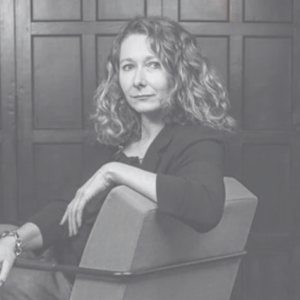 Alice Barbe is the Executive Director and Co-founder of the Académie des Futurs Leaders, an organization dedicated to supporting civic leaders aspiring to enter politics and promoting progressive values. A French activist and social entrepreneur, Alice previously co-founded and managed Singa, an international organization that fosters the inclusion of refugees in Europe and Canada. Her impactful work has earned recognition and support from the Obama Foundation, Ashoka, and the Global Pluralism Center. In 2021, she authored a book on civic engagement titled “One Is Not Born, But Rather Becomes, an Activist.”
Alice Barbe is the Executive Director and Co-founder of the Académie des Futurs Leaders, an organization dedicated to supporting civic leaders aspiring to enter politics and promoting progressive values. A French activist and social entrepreneur, Alice previously co-founded and managed Singa, an international organization that fosters the inclusion of refugees in Europe and Canada. Her impactful work has earned recognition and support from the Obama Foundation, Ashoka, and the Global Pluralism Center. In 2021, she authored a book on civic engagement titled “One Is Not Born, But Rather Becomes, an Activist.”
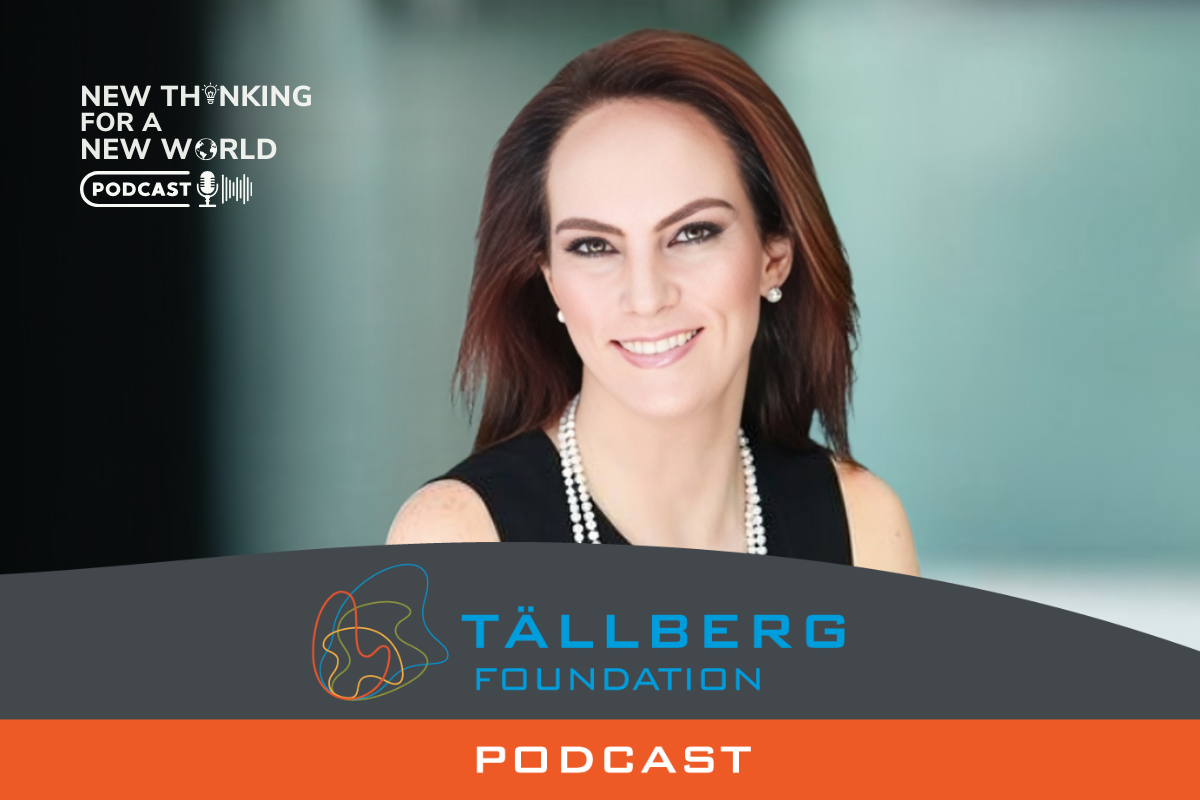
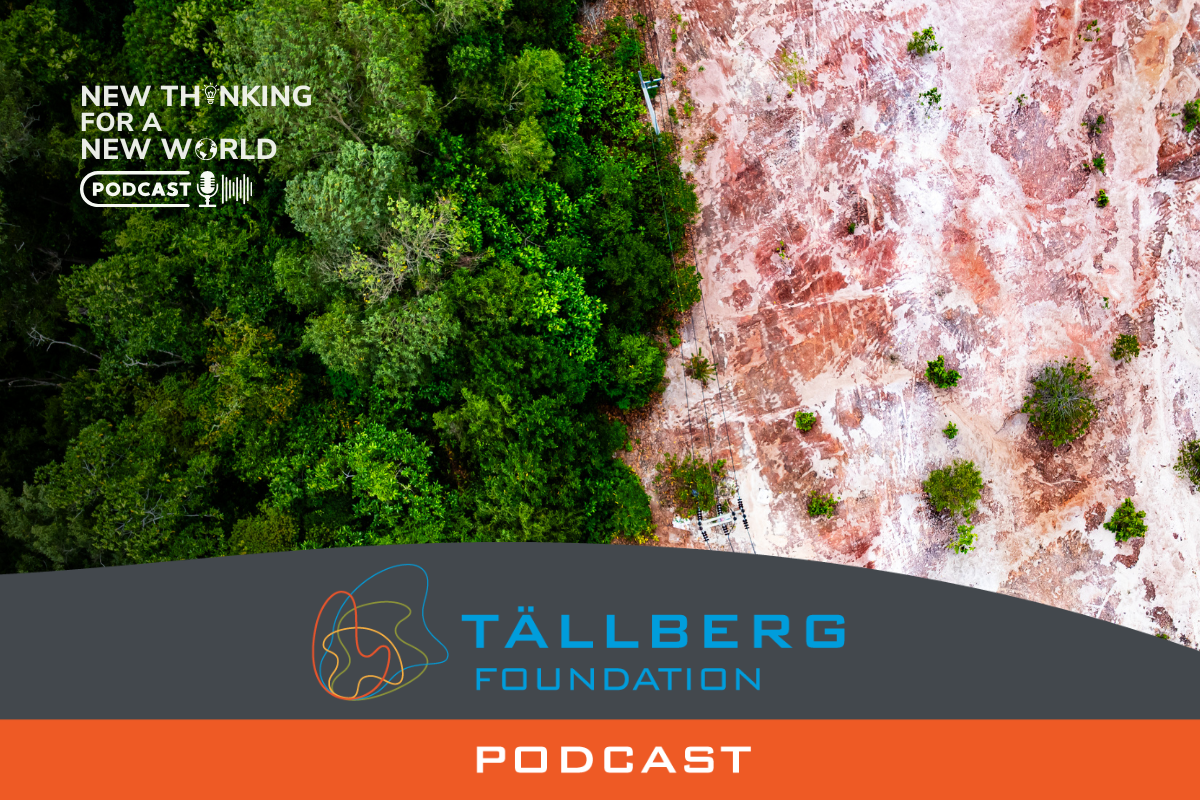
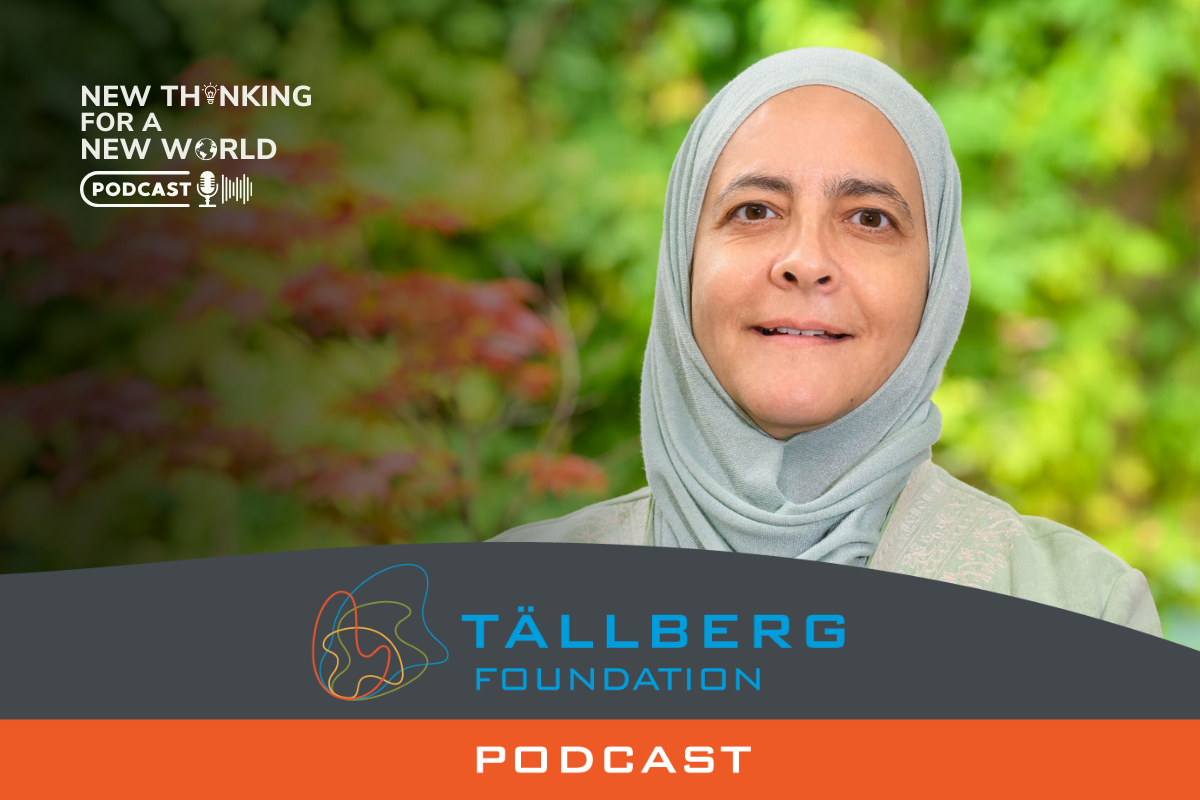
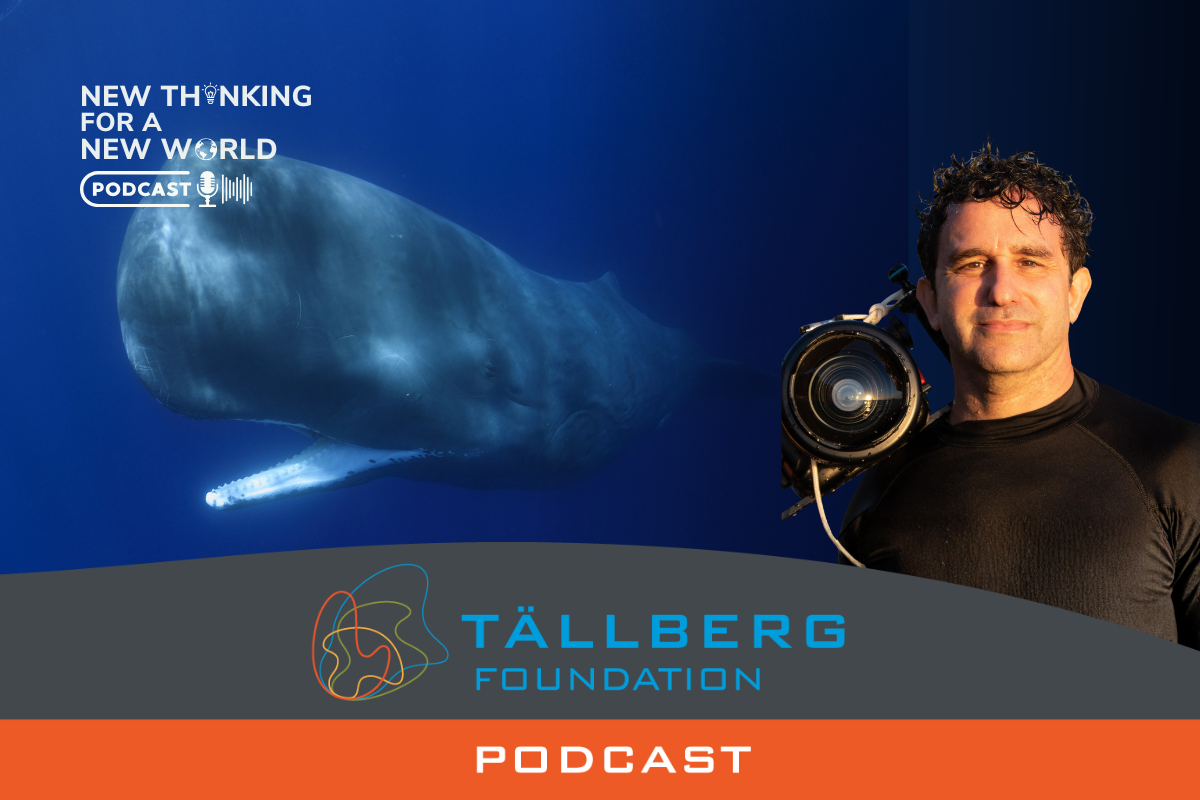
Right-wing populism in France can present challenges to democracy due to its tendencies towards nationalism, anti-immigration stances, and often divisive rhetoric. While populism can reflect the will of a segment of the population, it can also undermine democratic values by promoting exclusionary policies and polarizing society. Balancing right-wing populist ideals with democratic principles can be complex, as it may involve navigating issues of inclusivity, tolerance, and respect for diverse perspectives within the democratic framework.
In some cases, right-wing populist leaders may attempt to undermine judicial independence or bypass legal frameworks to enact their agendas, posing a threat to the rule of law
While populism provides a platform for underrepresented voices, it also poses challenges to democratic norms through its divisive and often exclusionary rhetoric. Balancing these dynamics requires a commitment to inclusivity, tolerance, and respect for diverse perspectives, ensuring that democratic principles are upheld even as new political movements emerge.
This balanced approach highlights the importance of dialogue, institutional resilience, and a commitment to democratic values in addressing the challenges posed by right-wing populism.
I appreciate Marine Le Pen’s active efforts to rebrand the National Rally (RN) and distance it from the “far-right” label, which carries significant historical and ideological baggage in both French and global contexts. By rejecting this term, Le Pen aims to position her party as a mainstream conservative alternative, focusing on national sovereignty, security, and controlled immigration, rather than on extremist rhetoric.
The recent interview with Marine Le Pen on CNN’s Christiane Amanpour provided critical insights into her attempts to reshape the National Rally’s image and highlighted the ongoing tension between populist movements and democratic values. While Le Pen seeks to move her party away from the “far-right” label, it is crucial that the content of her policies and rhetoric undergoes rigorous examination and public debate to ensure the preservation of democratic principles.
After listening to this dialogue, where I concluded that adult centrism is not leading to misinformation and political radicalism, I consider that the education and training of young people in issues related to democracy and leadership are crucial for the development of just and equitable societies, as well as for the future of our planet. It is essential that this education be based on principles of respect and understanding, avoiding extremes that can lead to deep divisions in nations.
Political radicalism, both on the left and the right, has significant negative effects. In France, we have seen how extremist movements have polarized society, generating tensions and internal conflicts. In the United States, growing political polarization has led to a divided society, where dialogue and consensus seem increasingly difficult to achieve.
Cases in Latin America, such as Argentina and Venezuela, show the dangers of extremes. In Argentina, the alternation between left and right-wing governments has generated economic and social instability. In Venezuela, political extremism has led to an unprecedented humanitarian crisis, with millions of people emigrating in search of better living conditions.
Only through education in democracy based on respect for all people can we avoid the risks of backsliding on crucial issues such as racism, abortion, and migration. These are issues on which we had already made progress, and it is vital that young people understand the importance of maintaining these achievements and continuing to advance.
Democracy is not just about voting; it is about understanding and respecting the rights and opinions of others. Educating young people in these principles will ensure that future generations are capable of leading with justice and equity, building more cohesive and resilient societies.